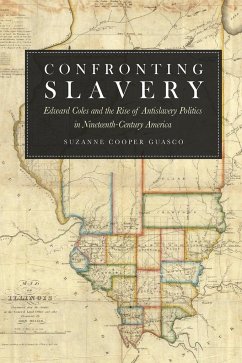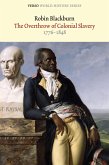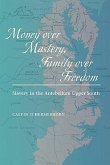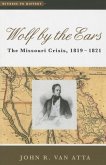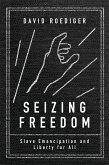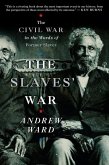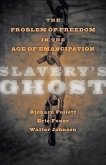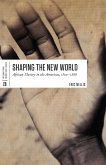Edward Coles, who lived from 1786-1868, is most often remembered for his antislavery correspondence with Thomas Jefferson in 1814, freeing his slaves in 1819, and leading the campaign against the legalization of slavery in Illinois during the 1823-24 convention contest. In this new full-length biography Suzanne Cooper Guasco demonstrates for the first time how Edward Coles continued to confront slavery for nearly forty years after his time in Illinois. Not only did he attempt to shape the slavery debates in Virginia immediately before and after Nat Turner's rebellion, he also consistently entered national political discussions about slavery throughout the 1830s, 40s, and 50s. On each occasion Coles promoted a vision of the nation that combined a celebration of America's antislavery past with an endorsement of free labor ideology and colonization, a broad appeal that was designed to mollify his fellow-countrymen's sense of economic self-interest and virulent anti-black prejudice. As Cooper Guasco persuasively shows, Coles's antislavery nationalism, first crafted in Illinois in the 1820s, became the foundation of the Republican Party platform and ultimately contributed to the destruction of slavery. By exploring his entire life, readers come to see Edward Coles as a vital link between the unfulfilled antislavery sensibility of men like Thomas Jefferson and the pragmatic antislavery politics of Abraham Lincoln. In Edward Coles' life-long confrontation with slavery, as well, we witness the rise of antislavery politics in nineteenth-century America and come to understand the central role politics played in the fight against slavery.
Hinweis: Dieser Artikel kann nur an eine deutsche Lieferadresse ausgeliefert werden.
Hinweis: Dieser Artikel kann nur an eine deutsche Lieferadresse ausgeliefert werden.

